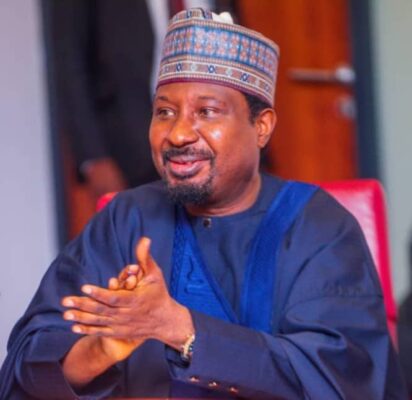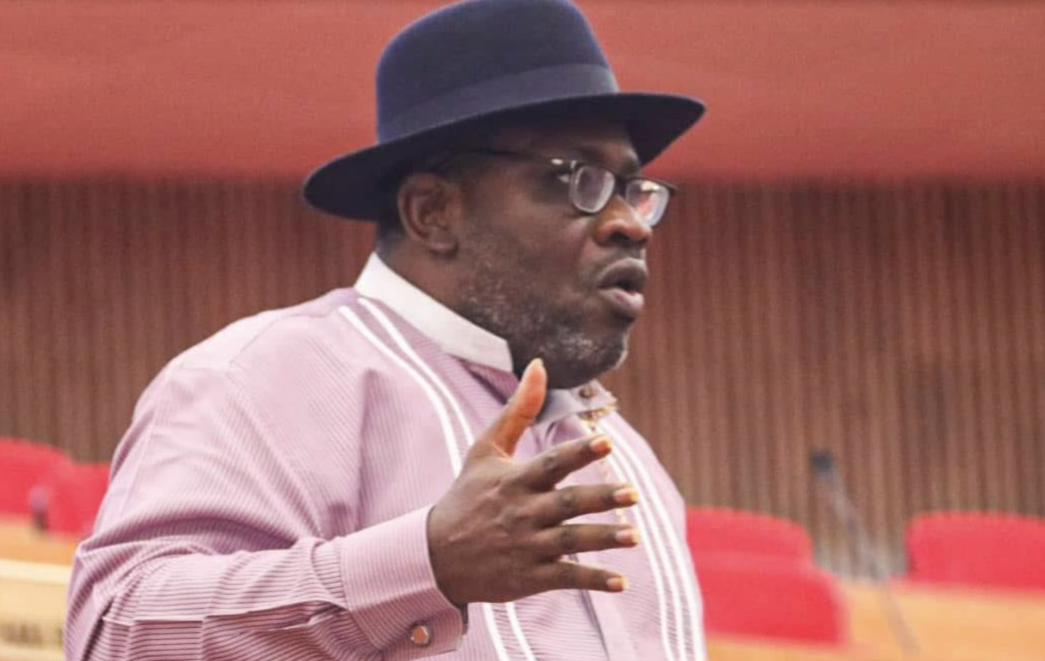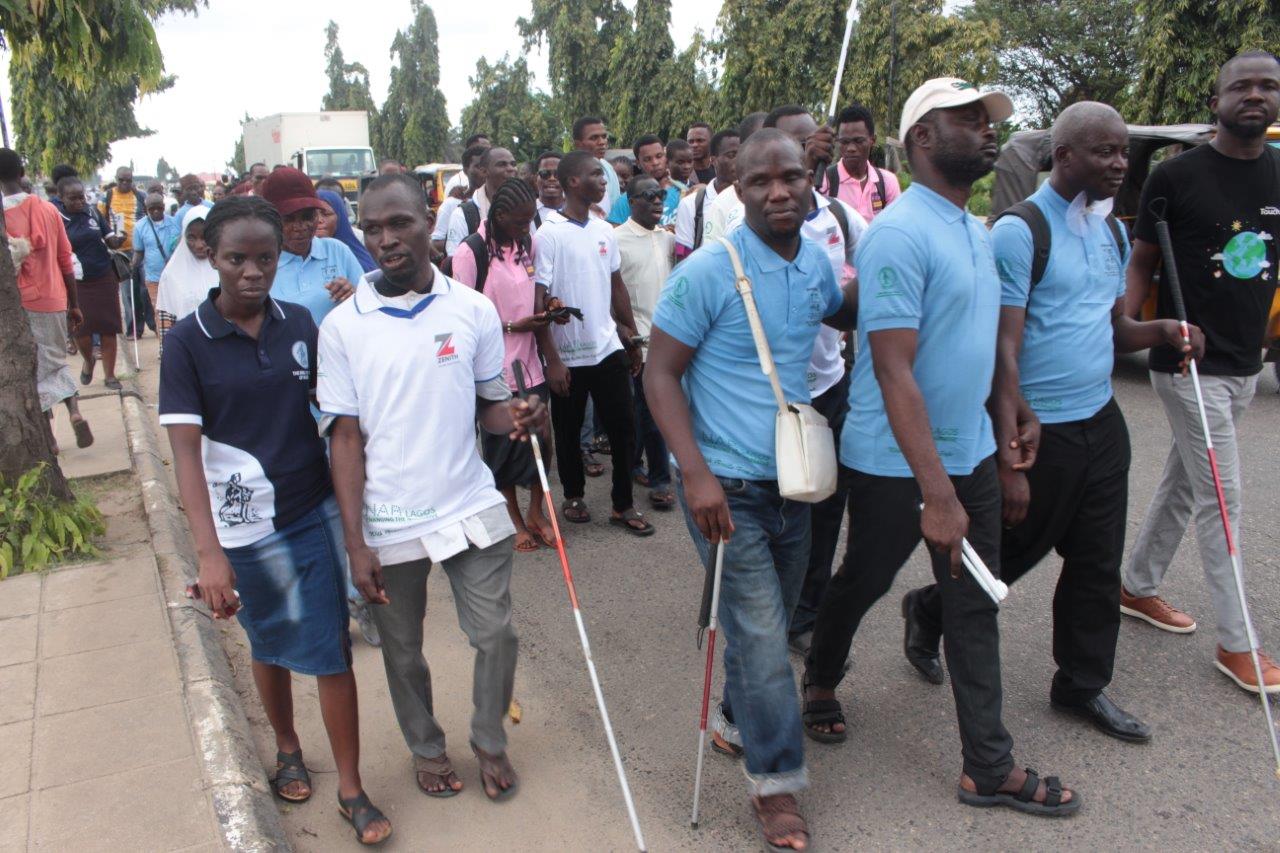Headfort Foundation Strengthens Law Enforcement Capacity to Combat Sexual Violence
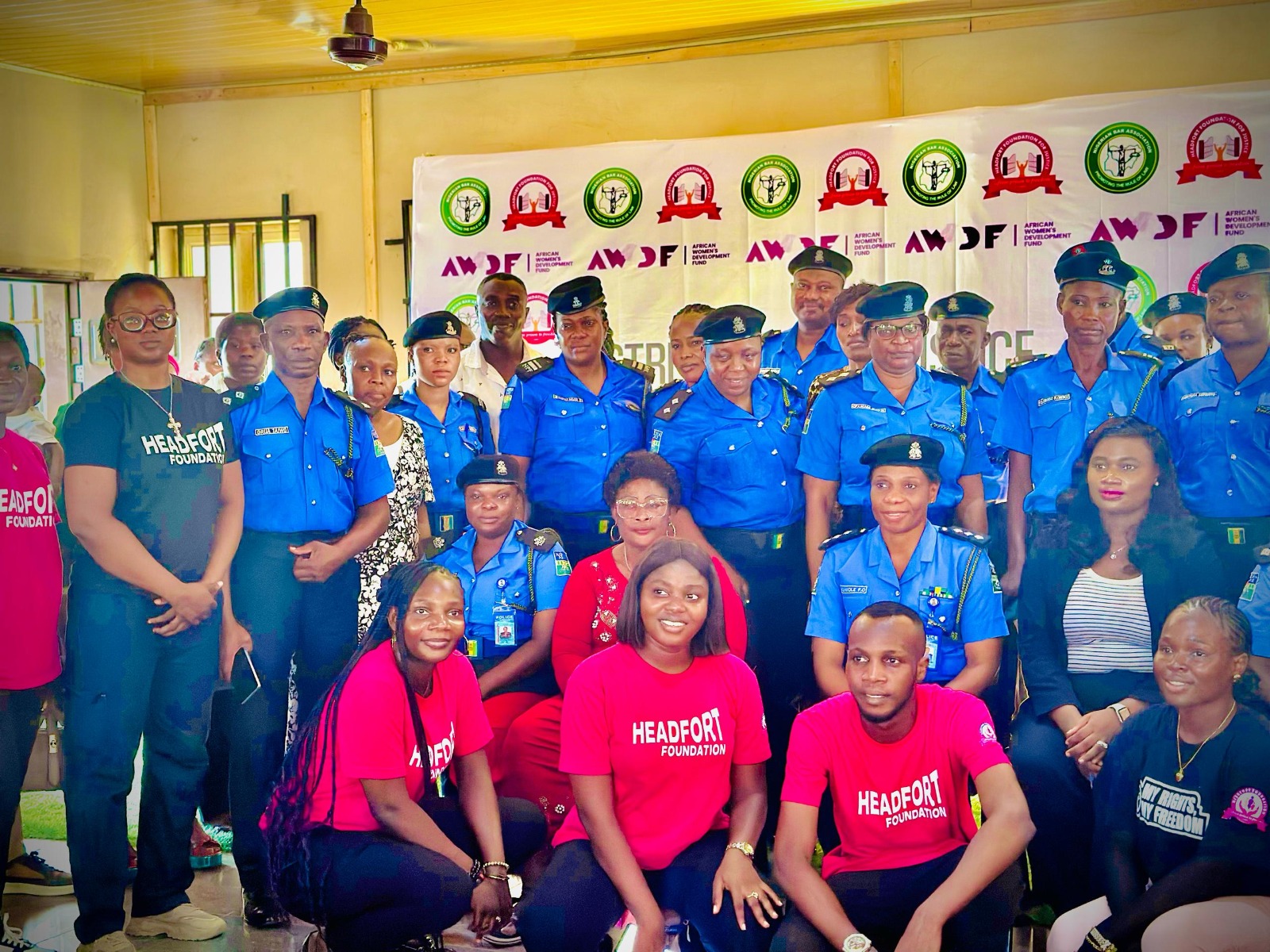
Headfort Foundation for Justice has organized a capacity-building workshop for prosecutors, lawyers, the Nigeria Police, and other first responders involved in handling sexual violence cases.
The workshop, titled “Strengthening Justice Advocates’ Capacity to Respond to Sexual Violence Cases,” was held on Thursday at the Nigerian Bar Association (NBA) Centre in Leme, Abeokuta, Ogun State. It was supported by the African Women Development Fund.
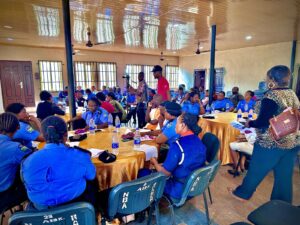
The initiative aimed to foster a community of practice aligned with international best practices in the investigation and prosecution of sexual violence cases.
Call for Empathy and Effective Investigations
Stakeholders at the workshop emphasized the need for law enforcement agents to approach sexual violence cases with empathy and to conduct thorough investigations. They condemned the culture of silence, which has often hindered the effective prosecution of offenders.
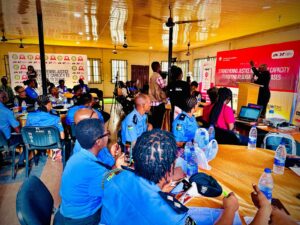
Speaking at the event, the Executive Director of Headfort Foundation for Justice, Mrs. Oluyomi Orija, highlighted the severe impact of sexual violence on justice and social equity. She noted that while anyone could be a victim, women are disproportionately affected, exacerbated by societal reluctance to speak out.
“The culture of silence in cases of sexual violence, especially against women, is on the rise,” Orija said, urging victims to break the silence and seek justice.
She stressed that a key challenge in prosecuting sexual violence cases is the gap in law enforcement capacity, either due to ignorance or compromise by security agents.
Stakeholders Advocate for Collaborative Action
Delivering the keynote address, Mr. Bolarinwa Odeyale, Chairman of the NBA, Abeokuta branch, called on all stakeholders—including lawyers, police officers, religious leaders, and parents—to unite against sexual violence.
Odeyale criticized the practice of settling sexual violence cases out of court, often by families or religious leaders, which prevents justice from taking its course. He further emphasized the need for trauma-informed training for law enforcement officers to improve their handling of cases.
“Law enforcement agents handling sexual violence cases must undergo trauma-informed training to ensure survivors are treated with sensitivity and dignity,” he stated.
Challenges and Solutions in Case Management
In her presentation, Mrs. Adekemi Adebo, Secretary of the Judicial Service Commission, Ogun State, described sexual violence as one of the most egregious human rights violations, with lasting consequences for survivors.
Despite progress in legal frameworks and advocacy, she noted that justice systems still struggle with effective case management while maintaining a victim-centered approach.
“The successful prosecution of sexual violence cases requires a well-structured case management system that ensures thorough investigation, timely prosecution, and the protection of victims’ rights,” Adebo said.
She highlighted key challenges, including:
Insufficient funding for victim support programs
Reluctance of victims to report due to fear of retaliation
Cultural and institutional biases that hinder justice
To address these issues, Adebo recommended:
Stronger witness protection mechanisms to encourage victim participation in legal processes
Legislative reforms to align sexual violence laws with international standards
Enhanced public education and sensitization programs to change societal attitudes toward victims
READ ALSO: Group Launches WASH Club in Okpoko Schools to Prevent Disease Outbreaks
She urged all stakeholders to remain committed to upholding survivors’ rights, holding perpetrators accountable, and fostering a justice system that is both efficient and compassionate.
“Justice delayed is justice denied. True justice can only be achieved when survivors feel heard, supported, and empowered to seek redress,” Adebo concluded.
The workshop was well-attended by key stakeholders, reinforcing the collective commitment to combating sexual violence and improving justice for survivors.

